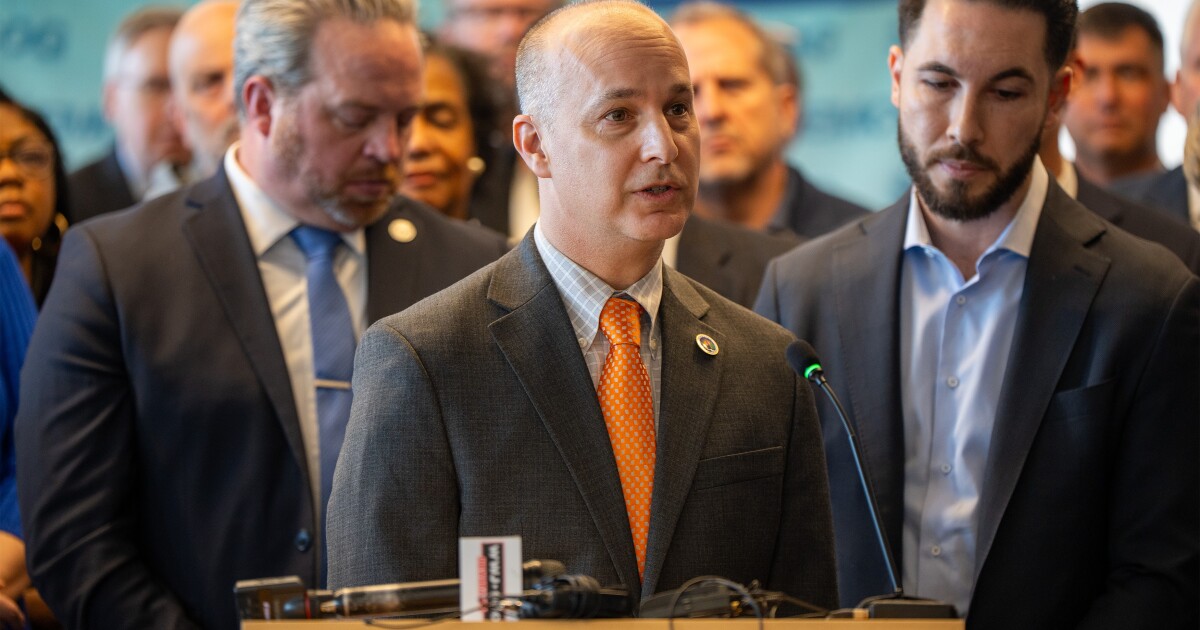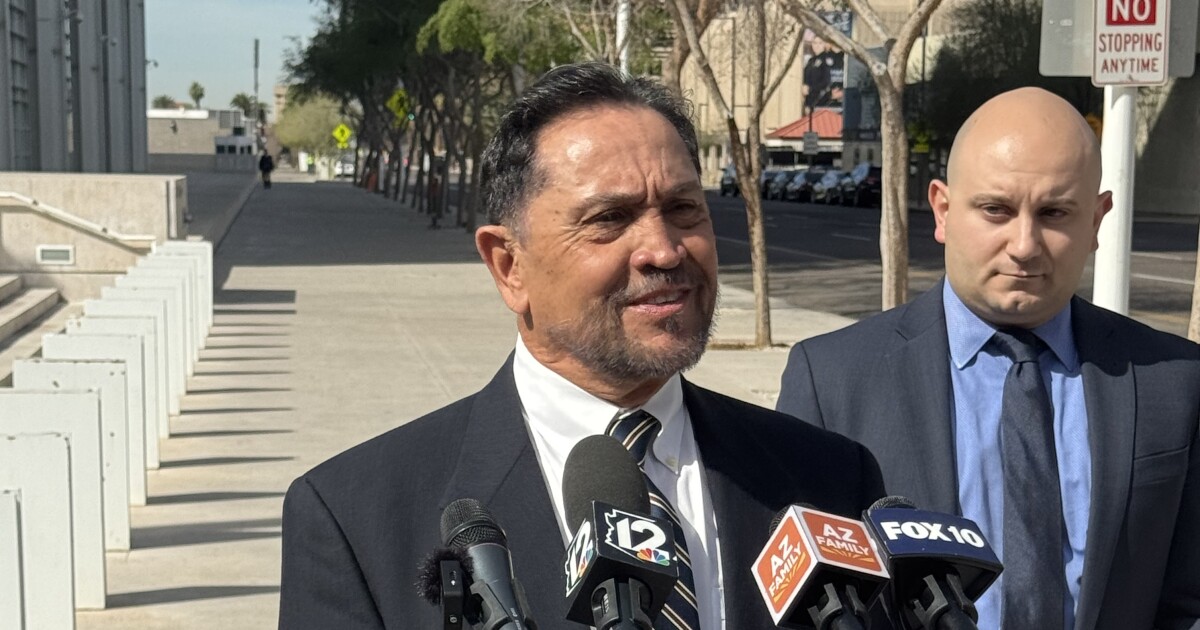Arizona’s Bold Initiative: Funding Desalination and Water Projects Beyond Its Borders
In an ambitious move to sustain its water future, Arizona has decided to allocate taxpayer funds to support private firms in developing desalination plants in California or Mexico. This initiative, approved by the Water Infrastructure Finance Authority (WIFA) board, also includes several other projects aimed at enhancing Arizona’s water supplies through innovative means such as wastewater treatment, stormwater capture, and improved irrigation efficiency across several states and Mexico.
The strategy involves trading the newly acquired water for portions of the Colorado River allocations currently utilized by neighboring states and Mexico. While the exact financial commitments remain unspecified, WIFA plans to issue “task orders” in the coming months to assess the cost of each initiative.
Although these projects promise significant water increases, with projections ranging from 427,000 to 1.6 million acre-feet annually, the timeline for water delivery is extended. The earliest possible availability is set for 2028, with most projects aiming for completion between the early to mid-2030s. Previous estimates for similar desalination projects suggest costs could range from $5 billion to $10 billion each.
The agency’s decision comes at a critical juncture as Arizona confronts further reductions in its Colorado River water supply and strained groundwater resources. The board’s unanimous approval marks the first public disclosure of project specifics, which were previously evaluated in private by WIFA staff and a dedicated committee.
Chelsea McGuire, WIFA’s Executive Director, expressed enthusiasm about the agency’s proactive steps towards securing new water sources. “These are real projects, this is no longer a hypothetical,” McGuire stated. “This is no longer something that someone is dreaming of in a room somewhere.”
Notably absent from the approved projects was a proposal by EPCOR to import water from a long-debated project in California’s desert, led by Cadiz Inc., which faced strong opposition from environmental groups and political figures. Board member David Becham confirmed, “That one’s over, we’re not doing that.”
Among the approved projects are three proposals from EPCOR and four from the ACCIONA-Fengate Water Augmentation Alliance. EPCOR plans to develop a desalination plant in Baja California, targeting an annual output of 167,000 to 500,000 acre-feet by 2034. The resulting water would be transported to the Colorado River at the U.S.-Mexico border, enabling Arizona to claim an equivalent portion farther north.
The ACCIONA alliance, known for global desalination projects, proposed two plants: a new facility in Baja California providing 150,000 acre-feet annually by 2034, and a more generalized plan using existing or new plants in either California or Mexico to deliver 50,000 to 200,000 acre-feet by 2031. Both proposals aim to exchange water with Mexico’s river allocations.
Beyond desalination, both EPCOR and ACCIONA seek state funds for additional water supply projects. EPCOR envisions capturing excess runoff in California and treating wastewater near San Diego to produce drinkable water, potentially adding 14,000 to 95,000 acre-feet annually. Meanwhile, the ACCIONA group aims to treat wastewater in Mexico and Colorado and enhance irrigation efficiency across several regions, potentially securing 16,000 to 466,000 acre-feet annually.
Ted Cooke, a WIFA board member, emphasized the vital role of private-public partnerships in developing new water supplies for Arizona. “We need private equity to get this done,” he said. “WIFA cannot operate a plant, WIFA cannot build a plant, WIFA cannot finance this on our own.”
—
Read More Arizona News









